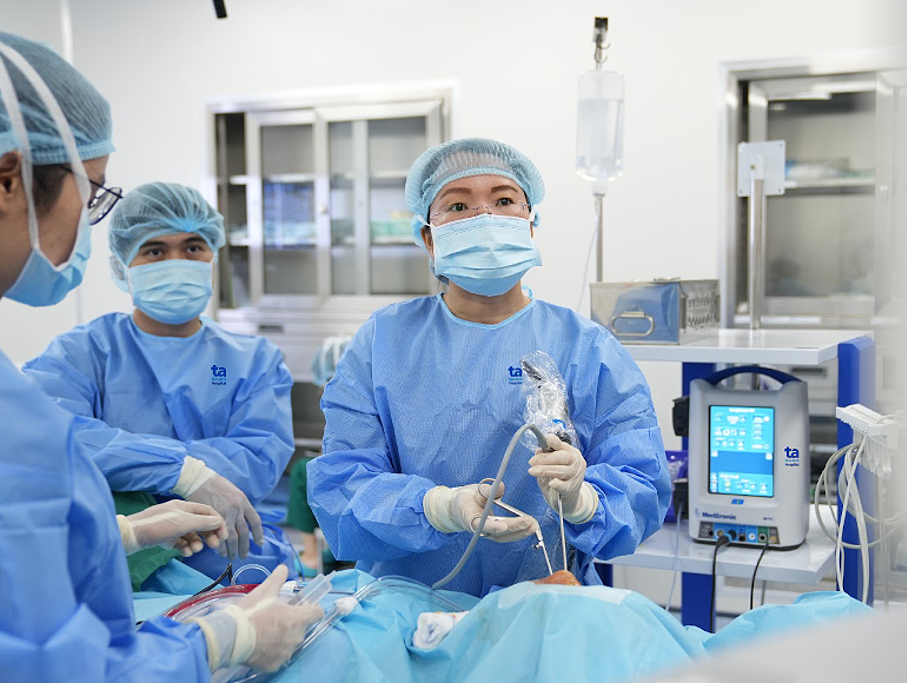Answer:
Sinuses are air-filled cavities within the facial bones. The sinus system includes paired sinuses such as the maxillary, ethmoid, frontal, and sphenoid sinuses.
Sinusitis is the inflammation of the mucous membranes lining at least two sinuses. It is categorized into acute (under 4 weeks), subacute (4-8 weeks), chronic (over 12 weeks), and recurrent (more than 4 acute episodes per year, each lasting under 4 weeks with recurrence after about 10 days). Sinusitis is typically caused by inflammation, allergies, or infections from bacteria, viruses, or fungi.
Acute sinusitis is treated with antibiotics, oral or topical anti-inflammatory medications, antihistamines, and symptom relievers. Patients are often advised to drink plenty of water to thin mucus, use nasal sprays, and avoid allergens and irritants like cold air and tobacco smoke.
Surgery is recommended for cases involving orbital complications, fungal sinusitis, sinusitis with or without nasal polyps that doesn't respond to medical treatment, or sinusitis caused by tumors. Surgeons perform endoscopic sinus surgery, inserting small instruments into the nose to widen sinus openings, address blockages, remove polyps and fungal tissue, suction mucus and pus, and clear the affected area. Patients are typically discharged after two days and have a follow-up appointment a week later for monitoring and wound care.
 |
Doctor Hang (right) performing endoscopic sinus surgery. Photo illustration: Tam Anh General Hospital |
You mention having sinusitis but haven't specified the type. If your doctor recommends surgery, you should follow their advice and have the procedure as soon as possible. Surgery can clear the sinuses, relieving nasal congestion and foul-smelling mucus, improving quality of life, and preventing complications like headaches, facial pain, and orbital compression.
Most patients experience symptom relief after surgery, but good sinus hygiene is essential to prevent recurrence. Patients should attend follow-up appointments as scheduled by their doctor, typically every 3-6 months.
Assoc. Prof. Dr. Tran Thi Thuy Hang
Head of Otolaryngology Department
Otolaryngology Center
Tam Anh General Hospital, TP HCM
| Readers can submit questions about ear, nose, and throat conditions here for answers from our doctors. |












